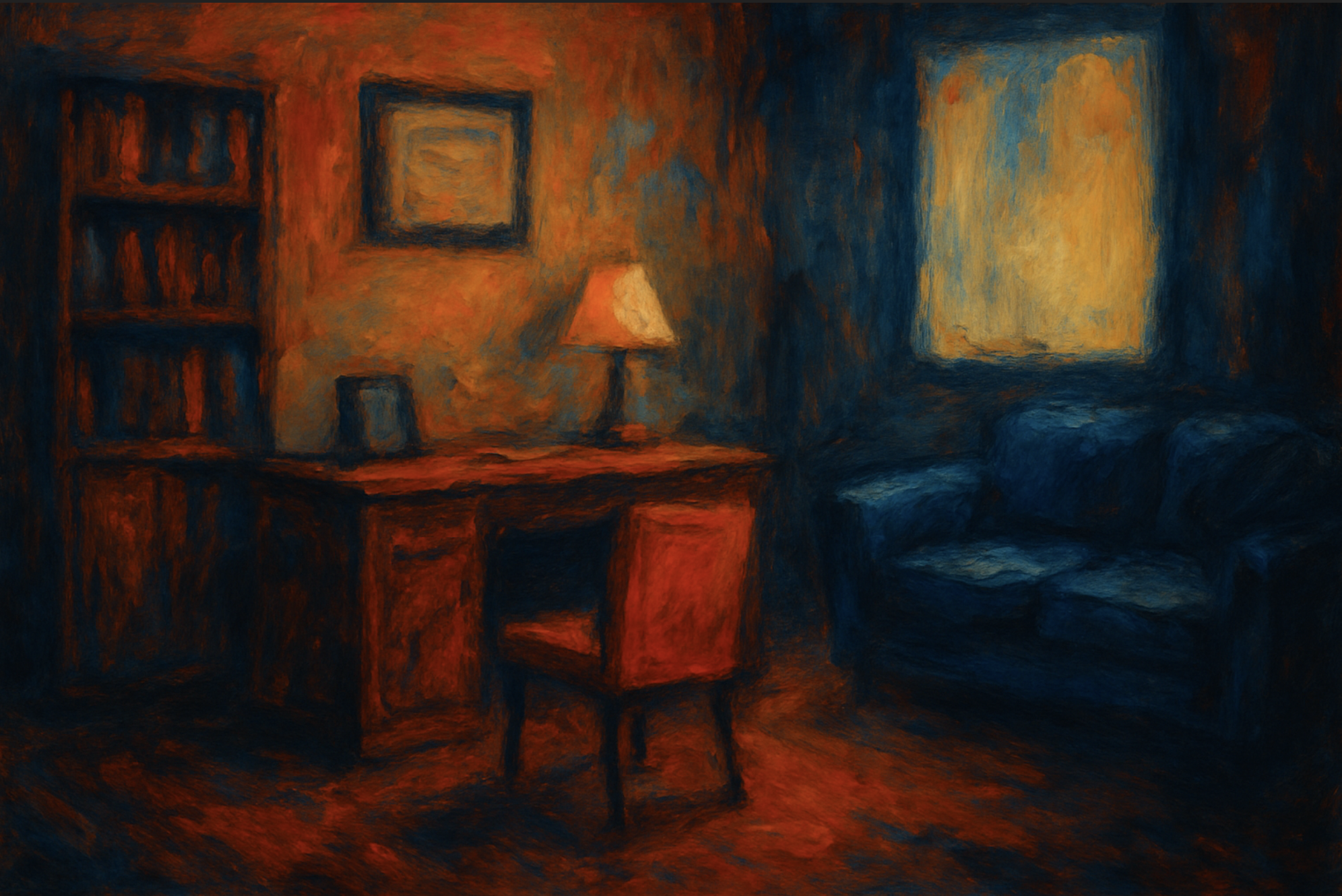Why Do Break Ups Hurt? A Modern Psychoanalytic Perspective
Almost everyone who has gone through a romantic break up knows how intense the pain can be. But why do break ups hurt so much? Is it simply the loss of a partner, or is there something deeper happening beneath the surface?
From a modern psychoanalytic perspective, break up pain is not just about sadness—it’s rooted in unconscious processes that shape the way we love, attach, and respond to loss.
In this article, we’ll explore why break ups hurt, what modern psychoanalysis reveals about this experience, and how therapy can guide you through healing.
Understanding Why Break Ups Hurt
When a relationship ends, we lose more than just a person. We lose a shared life, a sense of emotional stability, and often an imagined future together. The ending can trigger feelings of sadness, anxiety, confusion, and even anger. Many people feel a loss of identity, wondering Who am I without this relationship?
Modern psychoanalysis suggests that these reactions often connect to early life experiences and deep-seated attachment needs. A break up can reopen old wounds, reactivating feelings of abandonment, rejection, or emotional neglect from earlier in life.
The Psychoanalytic Explanation of Break Up Pain
Psychoanalytic theory views relationships as deeply intertwined with our sense of self and emotional security. When a relationship ends, it disrupts not only our external life but also our internal emotional structures.
Attachment Bonds and Emotional Security
From infancy, we form attachment bonds with caregivers as a way to feel safe and loved. These bonds create a blueprint for our adult relationships. A break up severs that bond, often leaving us feeling emotionally exposed and unsafe—similar to early experiences of separation or loss.
Unconscious Fantasies and Regression
We all carry unconscious fantasies about love—idealized images of a partner who will meet all our needs, heal old wounds, and complete us. When a relationship ends, these fantasies collapse. This can lead to regression, pulling us back into earlier emotional states such as the helplessness of childhood.
The Narcissistic Wound
Break ups can create what psychoanalysis calls a narcissistic wound—a blow to our self-esteem and self-image. The loss can feel like a rejection of who we are at our core. This may trigger feelings of shame, inadequacy, and self-doubt, making the emotional pain even sharper.
How Modern Psychoanalysis Helps You Heal
The good news is that psychoanalytic therapy provides tools to not only relieve the pain but also help you understand the deeper meaning behind it.
Bringing Unconscious Patterns to Light
In therapy, you can uncover the unconscious beliefs and patterns that shaped your relationships and influenced your attachment style. This self-awareness can help you understand why certain break ups feel devastating and why you might find yourself in similar relationship dynamics.
Working Through Mourning and Loss
Modern psychoanalysis emphasizes mourning—fully allowing yourself to feel and process the grief rather than rushing to avoid it. Processing loss in a safe, therapeutic environment can transform pain into insight, resilience, and the ability to build healthier relationships in the future.
Conclusion: Processing the Pain of a Break Up
Break ups hurt because they touch the deepest layers of our emotional lives—our attachment needs, our self-image, and our unconscious hopes. From a modern psychoanalytic perspective, this pain is an invitation to understand ourselves more deeply and to heal old wounds.
If you’re struggling with the pain of a break up, you don’t have to go through it alone. At Talking Therapy LA, we offer a safe and supportive space to help you process your emotions, understand unconscious patterns, and move toward lasting healing. We offer a free consultation, so you can take the first step toward relief, clarity, and personal growth. Your emotional well-being matters—reach out today.

